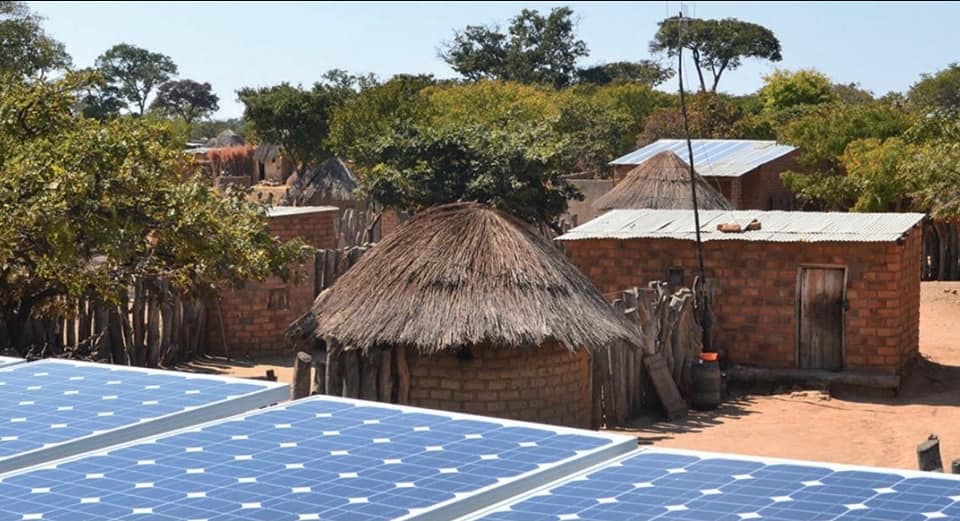In Zambia, the government has recently received funding for the implementation of the third component of the IAEREP (Increased Access to Electricity and Renewable Energy Production) programme. 23 million (about 595 million Zambian kwachas) is allocated as a grant from the European Union (EU). According to this development partner, the money will be used to finance six projects under the IAEREP programme, improving the electricity supply to 200,000 Zambians. “The Zambian government’s target is to achieve 91% urban electrification and 51% rural electrification by 2031. Currently, 9 million Zambians live without electricity,” says Matthew Nkhuwa, Zambia’s energy minister. The East African country, which relies heavily on hydropower, has recently faced increased electricity shortages, partly caused by drought.
A 3-year project
The IAEREP programme will be implemented in three years. In the first phase, the Zambian government provided support to public institutions to develop and/or revise the legal and regulatory framework for the deployment of renewable energy and energy efficiency. The second phase of the initiative, launched in August 2019, provided capacity building for public and private organisations involved in renewable energy deployment and energy efficiency solutions in Zambia.
“The European Union grant is the final component of the programme. It will help stimulate the emergence of sustainable business models for energy services to promote the use of renewable energy and energy efficiency at the national level and encourage the private sector to participate in the rural electrification programme,” says the European Development Fund (EDF) country office in Zambia. Ultimately, the IAEREP programme will improve the electricity supply of 4 million Zambians.
Inès Magoum
